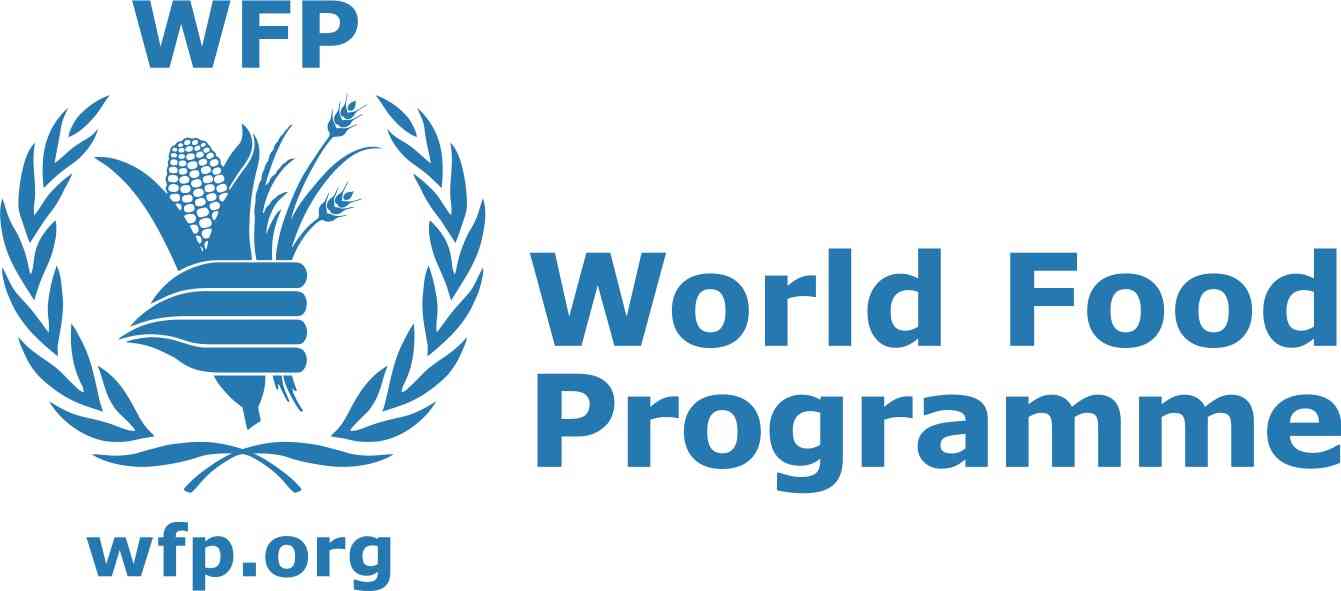
THE World Food Programme (WFP) says it has shifted its approach by placing a stronger focus on building long-term resilience against climate change-induced droughts.
In Annual Country Report 2023 — Country Strategic Plan 2022-2026 — WFP said the shift was key for rural development and localised food systems as well as their value chains.
“WFP has been tracking gender-specific indicators, such as minimum diet diversity for women and girls of reproductive age, revealing low diet diversity among them,” the report read.
“Consequently, WFP augmented the urban cash-based transfer programme with nutrition top-ups to improve access to nutritious food.
“Additionally, WFP provided specialised nutritious foods to children under 5, chronically ill individuals, and pregnant or breastfeeding mothers, in addition to the household ration under the support to the refugee programme.
In September, WFP pledged to spend US$68 million in six months to provide unconditional humanitarian food and cash transfers to food-insecure Zimbabweans in targeted areas.
“Looking ahead, WFP will streamline its operations to adapt to diminishing resources, enhance collaboration with the government and other humanitarian partners, and foster synergies among activities to lower operational costs,” the report read.
“WFP is advocating for shock-responsive social protection, and sustainable, resilient food systems, while continuing assistance when necessary and supporting the government to achieve Sustainable Development Goals 2 and 17.
- COP26 a washout? Don’t lose hope – here’s why
- Out & about: Bright sheds light on Vic Falls Carnival
- COP26 a washout? Don’t lose hope – here’s why
- Out & about: Bright sheds light on Vic Falls Carnival
Keep Reading
“WFP is also increasing investments in the humanitarian development nexus approach to support communities in building infrastructure and sustainable food systems and supporting livelihood opportunities.”
President Emmerson Mnangagwa yesterday declared the drought which is ravaging the country a state of disaster in a bid to marshal resources and avert starvation.
The El Niño-induced drought has affected the region with countries putting in place measures such as bans on maize exports.











